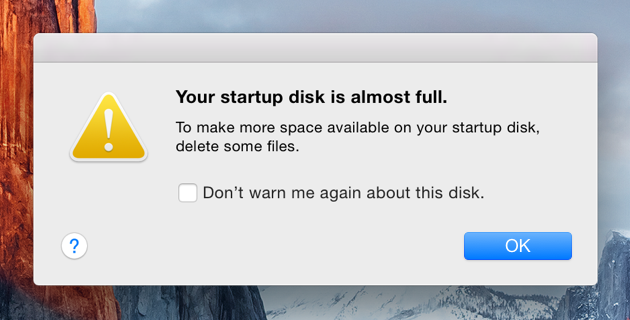
Best Disc Clean Up For Mac
We've reviewed the best PC cleaner and best Mac cleaner programs previously. For example, if you have installed too many third-party programs, the cause for low disk space is that the hard drive (or solid state drive) has been occupied by program files, and you should try to uninstall those unneeded programs to reclaim space.
How to maintain a Mac 1. Make redundant backups, keeping at least one off site at all times. One backup is not enough.
Merlin project software for mac. We have been so impressed with its performance that not only do we use it but we also offer Merlin training and consulting in North America.
Don’t back up your backups; make them independent of each other. Don’t rely completely on any single backup method, such as Time Machine. If you get an indication that a backup has failed, don't ignore it.
Keep your software up to date. In the Software Update preference pane, you can configure automatic notifications of updates to OS X and other Mac App Store products. Some third-party applications from other sources have a similar feature, if you don’t mind letting them phone home.
Otherwise you have to check yourself on a regular basis. This is especially important for complex software that modifies the operating system, such as device drivers. Before installing any Apple update, you must check that all such modifications that you use are compatible. Don't install crapware, such as “themes,” 'haxies,' “add-ons,” “toolbars,” “enhancers,' “optimizers,” “accelerators,” “extenders,” “cleaners,” 'doctors,' 'tune-ups,' “defragmenters,” “firewalls,” 'barriers,' “guardians,” “defenders,” “protectors,” most “plugins,” commercial 'virus scanners,” 'disk tools,' or 'utilities.' With very few exceptions, this stuff is useless, or worse than useless. The more actively promoted the product, the more likely it is to be garbage.
The most extreme example is the “MacKeeper” scam. As a rule, the only software you should install is that which directly enables you to do the things you use a computer for — such as creating, communicating, and playing — and does not modify the way other software works. Use your computer; don't fuss with it. Never install any third-party software unless you know how to uninstall it. Otherwise you may create problems that are very hard to solve. The free anti-malware application ClamXav is not crap, and although it’s not routinely needed, it may be useful in some environments, such as a mixed Mac-Windows enterprise network. Beware of trojans.
A trojan is malicious software (“malware”) that the user is duped into installing voluntarily. Such attacks were rare on the Mac platform until sometime in 2011, but are now increasingly common, and increasingly dangerous.
There is some built-in protection against downloading malware, but you can’t rely on it — the attackers are always at least one day ahead of the defense. You can’t rely on third-party protection either. What you can rely on is common-sense awareness — not paranoia, which only makes you more vulnerable. Never install software from an untrustworthy or unknown source. If in doubt, do some research. Any website that prompts you to install a “codec” or “plugin” that comes from the same site, or an unknown site, is untrustworthy.
Software with a corporate brand, such as Adobe Flash Player, must be acquired directly from the developer. No intermediary is acceptable, and don’t trust links unless you know how to parse them. Any file that is automatically downloaded from a web page without your having requested it should go straight into the Trash.